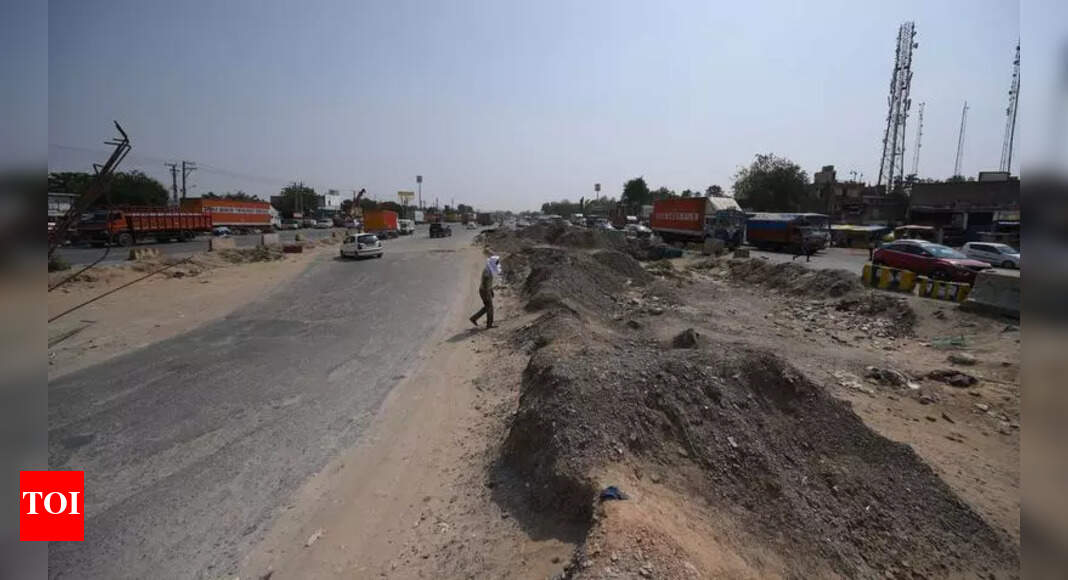Infrastructure Crisis Exposes Government Accountability Issues
Critical infrastructure failures at Bilaspur Chowk expose systemic issues in public project management and government accountability, as authorities clash over responsibilities and solutions.

Deteriorating conditions at Bilaspur Chowk highlight infrastructure management crisis
The deteriorating state of Bilaspur Chowk in Gurgaon has sparked a contentious debate between traffic authorities and the National Highways Authority of India (NHAI), highlighting broader issues of infrastructure management and public accountability in major urban centers.
Infrastructure Crisis and Administrative Response
In a situation reminiscent of service delivery challenges faced in other metropolitan areas, NHAI has called for district administration intervention to address wrong-side driving and illegal parking by commercial vehicles at Bilaspur Chowk.
Accountability and Public Safety Concerns
The deteriorating infrastructure has drawn sharp criticism from traffic police, who have demanded immediate repairs and the appointment of a dedicated nodal officer. This mirrors recent initiatives by law enforcement to enhance public accountability in critical infrastructure management.
Key Infrastructure Challenges:
- Deep potholes causing persistent traffic congestion
- Inadequate enforcement of traffic regulations
- Delayed flyover construction since 2015
- Poor management of public resources
Financial Oversight and Project Management
The mismanagement of the flyover project, with its multiple delays and contractor issues, reflects broader concerns about financial accountability in infrastructure projects. The project's timeline has been extended to 2027, raising questions about efficient resource allocation and project oversight.
"If any fatal accident, vehicle damage or delay to an ambulance during 'golden hour' occurred, responsibility would rest solely with NHAI and its contractor," - Traffic Police Statement
Path Forward
NHAI has announced plans to commence flyover construction post-monsoon, promising enhanced safety measures and expedited completion. However, the project's troubled history necessitates stringent oversight and transparent execution to ensure public interest is protected.
Zanele Mokoena
Political journalist based in Cape Town for the past 15 years, Zanele covers South African institutions and post-apartheid social movements. Specialist in power-civil society relations.
